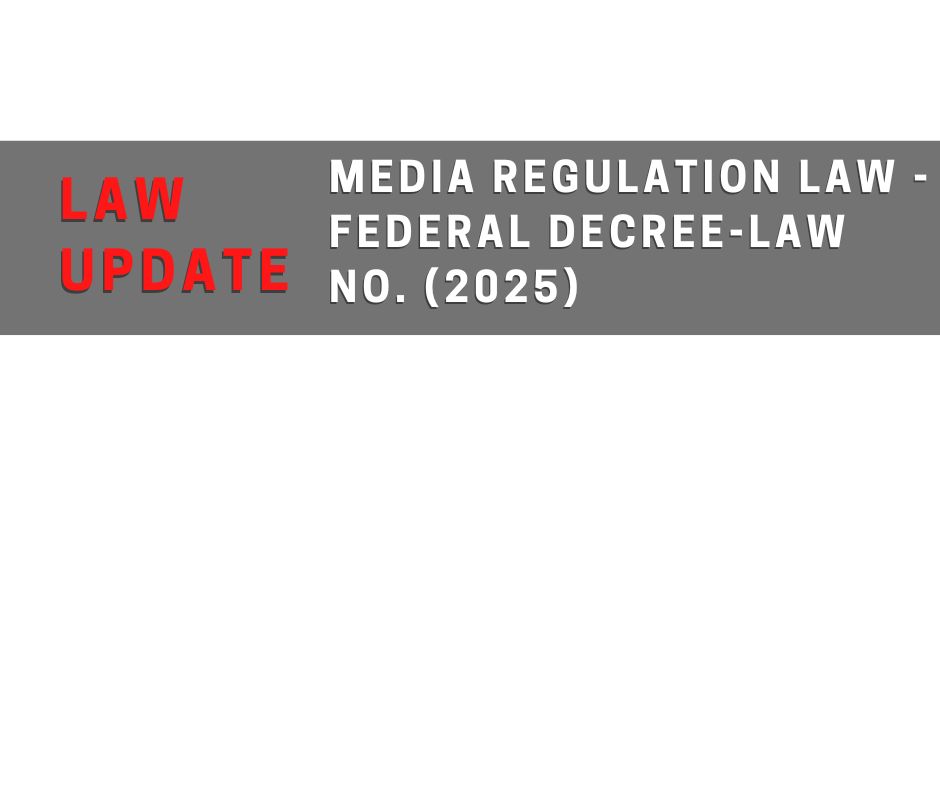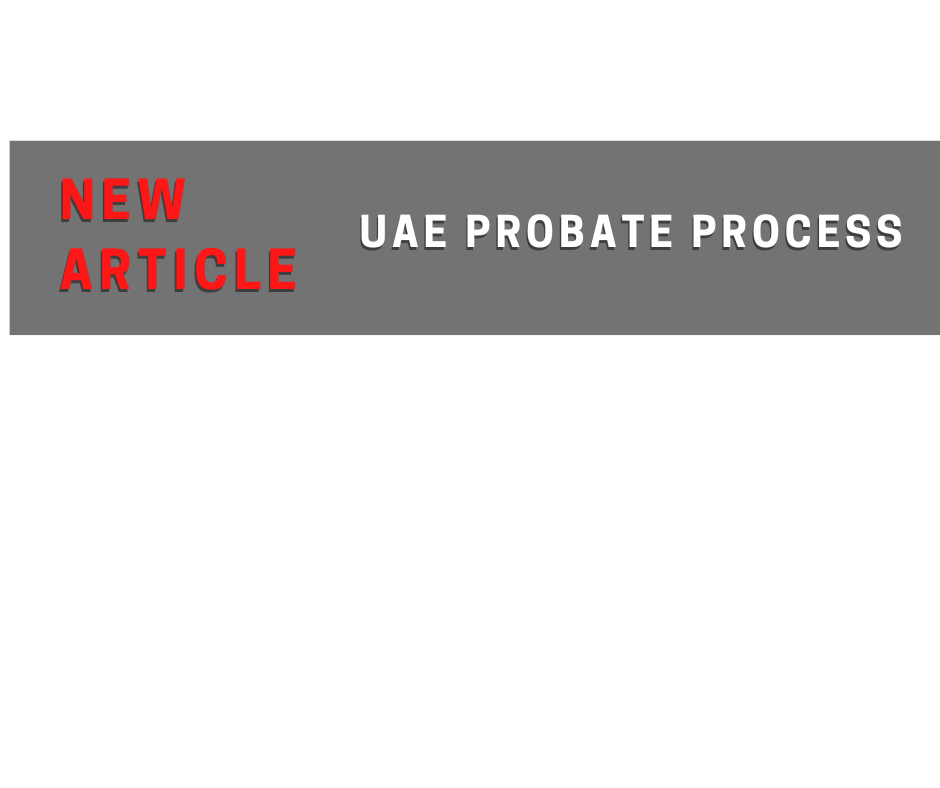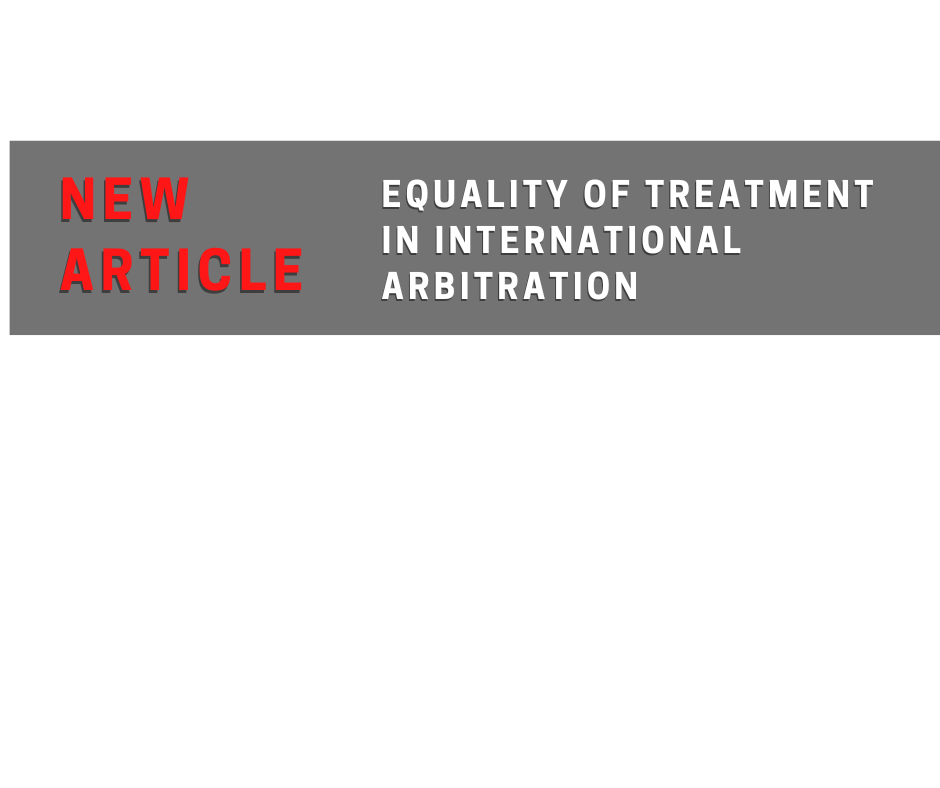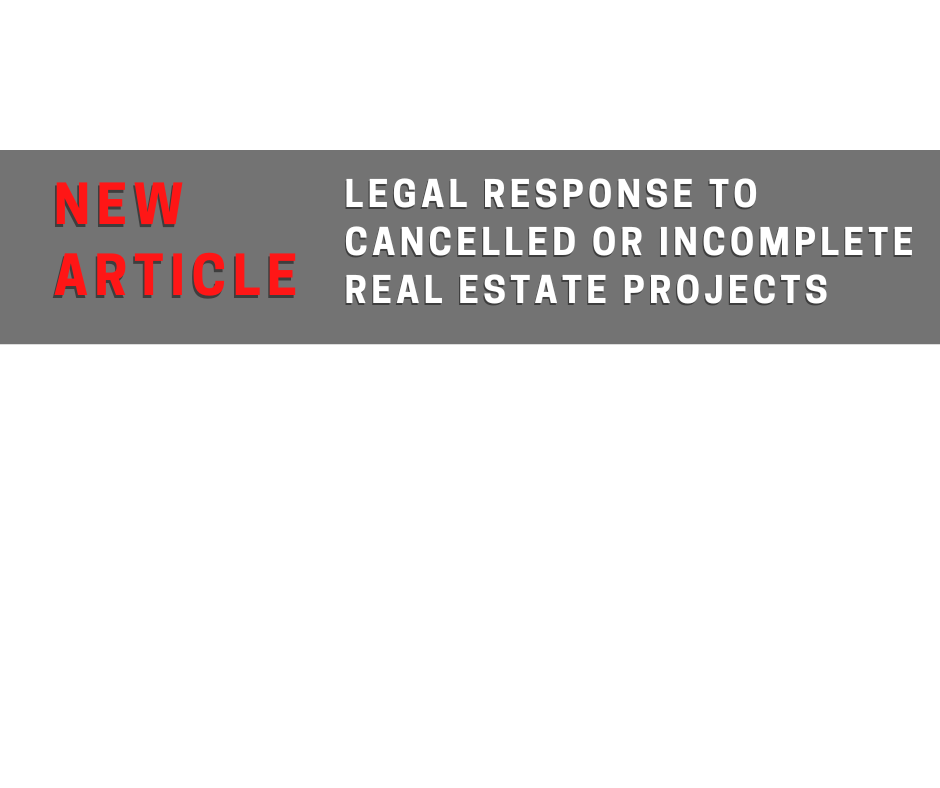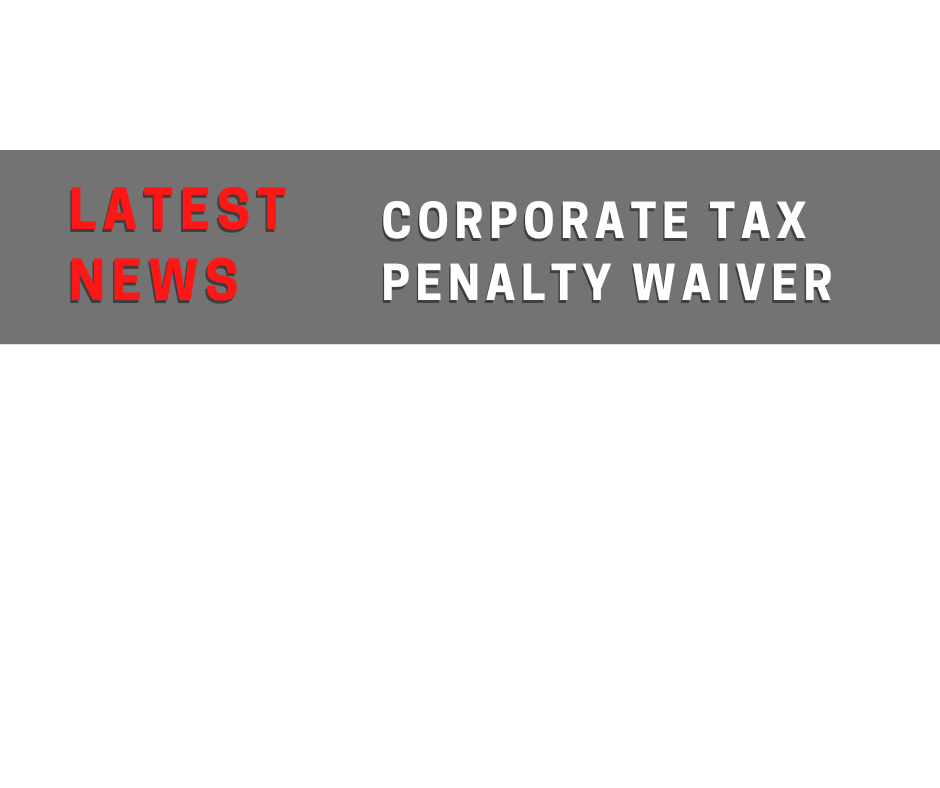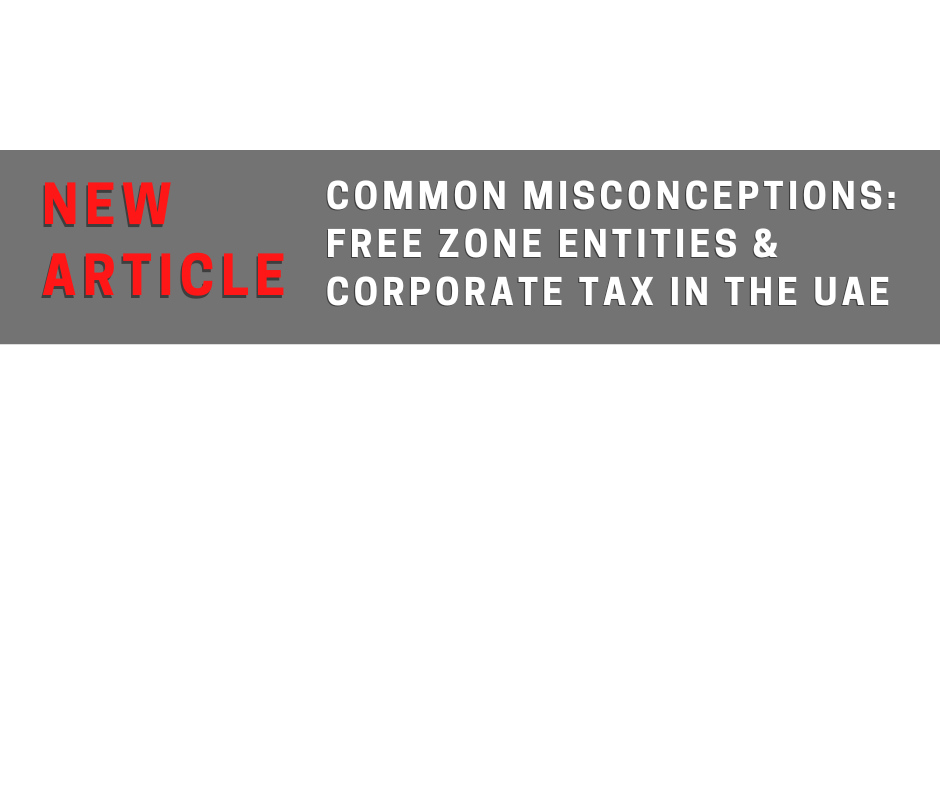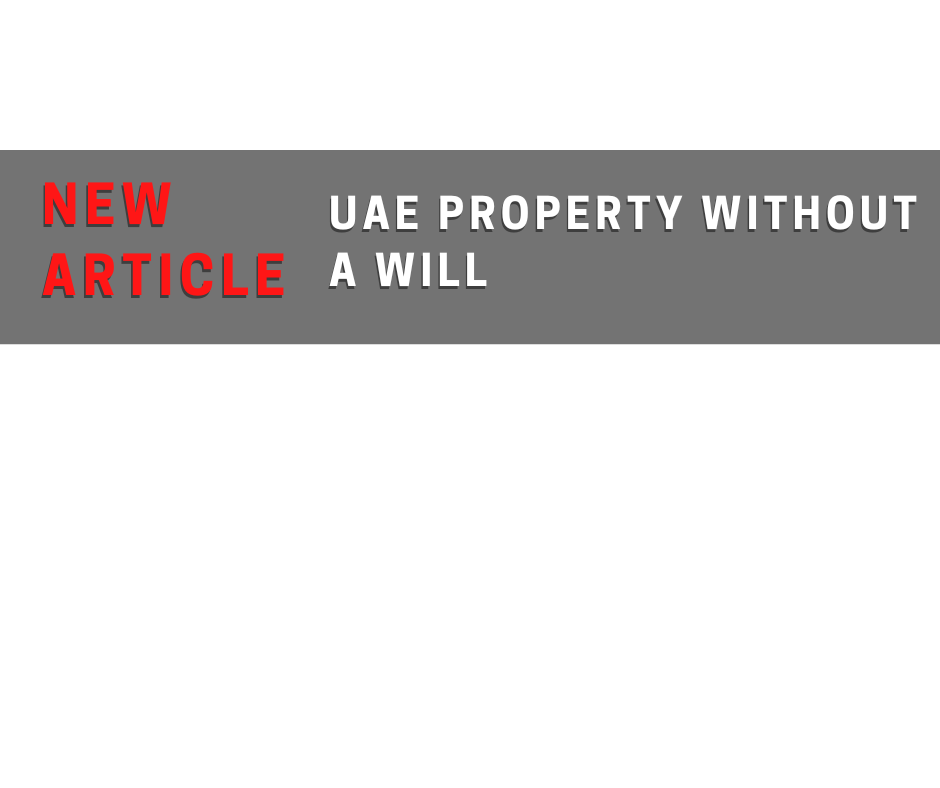UAE enacts landmark Media Regulation Law after 40 Years A transformative framework for digital content, AI, gaming, and online broadcasting
Overview In a landmark legal development, the United Arab Emirates has enacted its first comprehensive media regulation law in over four decades, signalling a paradigm shift in the way the country regulates traditional and digital media. The Media Regulation Law and its accompanying Executive Regulations, announced at a press conference held by the UAE Media […]


